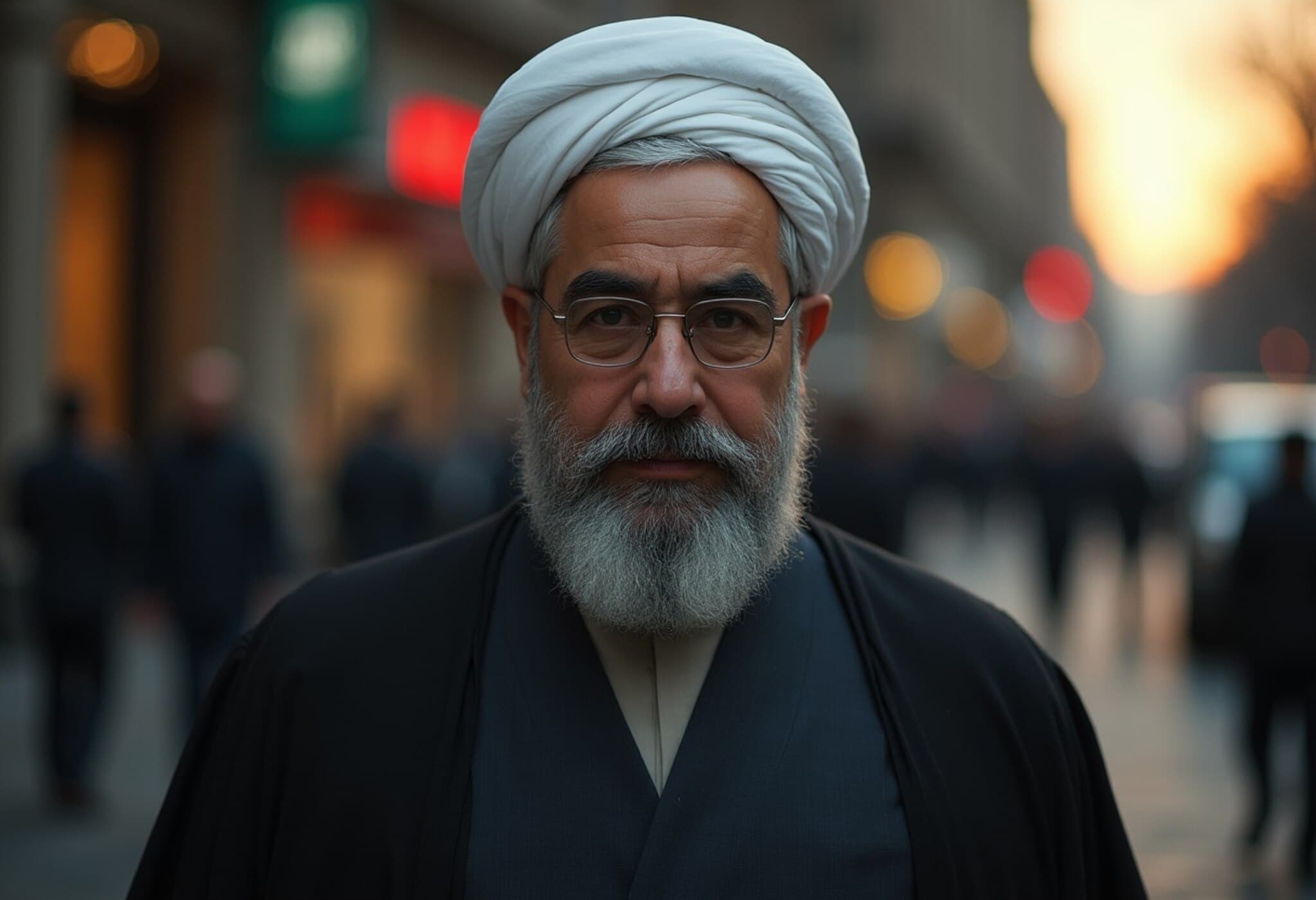Iran Executes Nuclear Scientist Allegedly Spying for Israel
In a striking development amid escalating regional tensions, Iran has executed Roozbeh Vadi, a nuclear scientist accused of espionage on behalf of Israel. Iranian judiciary sources, cited by the official news outlet Mizan, confirm that Vadi was executed by hanging after being convicted of transmitting classified nuclear information to Israeli intelligence.
Background: Espionage Amid the Iran-Israel Shadow War
Vadi reportedly had access to some of Iran's most sensitive nuclear facilities, making the charges particularly significant considering Tehran’s longstanding pride in its domestic nuclear program. The execution comes in the aftermath of a highly volatile conflict in June, during which Israel and the United States launched coordinated operations that included the assassination of at least 30 senior Iranian military commanders and 11 nuclear scientists.
Iranian officials have publicly acknowledged that Israel’s intelligence agency, Mossad, had infiltrated critical segments of Iran’s military and security infrastructure. This espionage facilitated targeted drone strikes launched from within Iranian territory and disrupted military command chains, underscoring the reach of Israeli intelligence.
Broader Crackdown on Suspected Spies
Since the June conflict, Iran has intensified a sweeping crackdown, detaining hundreds, including activists and dissidents accused of compromising national security. Vadi’s case stands out not only for its gravity but also because executions of nuclear scientists are exceedingly rare. Such scientists are usually celebrated as national pride symbols, making this a sensitive and embarrassing blow to the regime.
Iran’s Ministry of Intelligence recently announced arrests of 20 individuals linked to Israel, with rights groups reporting ten executions on espionage charges since the conflict began, including Vadi. The opaque nature of the judiciary proceedings fuels ongoing concerns about due process and transparency.
Regional and International Context
This execution highlights the swollen stakes in the covert war between Iran and Israel, reflecting broader struggles for geopolitical dominance in the Middle East. From an American policy perspective, the incident underscores the challenges facing U.S. allies in balancing covert intelligence operations with escalating regional instability.
Israel’s Prime Minister Benjamin Netanyahu’s office has not commented on the execution or the espionage allegations. Meanwhile, no statements have emerged from Vadi’s family or legal representatives after the abrupt announcement.
Implications and Underreported Dimensions
- Internal Security Versus Scientific Progress: The targeting of a nuclear scientist signals deep vulnerabilities within Iran’s scientific community, threatening not only national security narratives but the progression of Iran’s nuclear program.
- Espionage and Human Rights: The crackdown raises serious questions about human rights protections for those accused and the use of capital punishment amidst political conflicts.
- Psychological Impact: The execution may serve as a warning within Iran’s scientific establishments, possibly hindering collaboration, innovation, or integrity due to fear of surveillance and espionage accusations.
Editor’s Note
The execution of Roozbeh Vadi illuminates the complex and shadowy battlefields that define Iran-Israel relations today. Beyond the headlines, it invites scrutiny of the human costs and ethical dilemmas faced by nations entangled in espionage wars. As the corridors of power clash, the full impact on scientific communities, governance, and regional stability remains to be seen. Observers should keenly watch for how Iran balances its need for national security with protecting its scientific talent, especially under international pressures.











